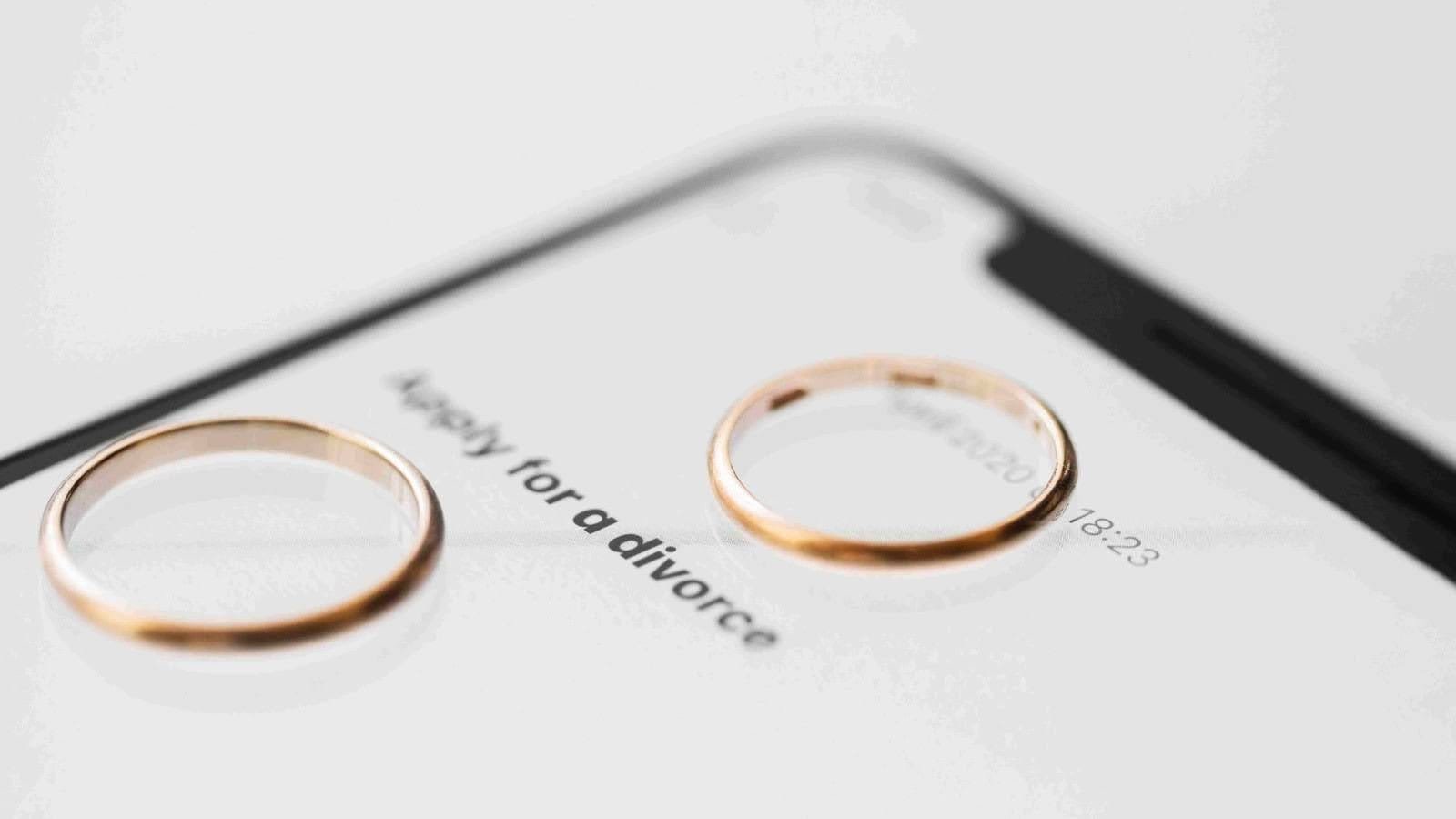
Getting a Divorce is never easy, and the process becomes even more complex when considering a Divorce overseas. If you are married in Singapore but are contemplating getting divorced overseas, it’s crucial to understand the legal implications and steps involved. This guide will help you navigate the intricacies of pursuing an overseas Divorce after marrying in Singapore, ensuring you’re well-informed during this challenging time.
Legal Recognition Of Overseas Divorces In Singapore
Under Singapore law, an overseas Divorce is recognised if it meets certain conditions outlined in the Women’s Charter. A Court of competent jurisdiction must grant the foreign Divorce, and one of the following conditions must be satisfied:
- Domicile of One Party: The Divorce was granted by a Court in the country where either spouse was domiciled when the proceedings commenced. Domicile refers to the country that a person treats as their permanent home.
- Jurisdiction Similar to Singapore’s: The foreign Court exercised jurisdiction on the basis that Singapore Courts would consider appropriate. This means the foreign Court’s grounds for jurisdiction align with those that a Singapore Court would accept when handling a Divorce case.
- Real and Substantial Connection: A real and substantial connection exists between the Court granting the Divorce and either party to the marriage. This could be established through long-term residence, nationality, or significant ties to that country.
Once these conditions are met, overseas Divorce is generally recognised in Singapore. This recognition means:
- Marital Status: Under Singapore law, you are legally considered Divorced, allowing you to remarry and make decisions requiring proof of your status.
- Ancillary Matters: The foreign Divorce may not automatically resolve issues such as division of matrimonial assets, spousal maintenance, and child custody. You may need to address these matters separately in Singapore Courts.

Divorcing Overseas After Marrying In Singapore
If you’re married in Singapore but wish to file for a divorce overseas, you’ll first need to fulfil the legal requirements of the foreign country and obtain a foreign divorce order. However, the process may not be straightforward. Your spouse might file for divorce in Singapore even after you’ve commenced proceedings overseas, especially if they believe Singapore’s divorce laws offer a more favourable outcome regarding maintenance or other matters. If you prefer the divorce to proceed in a foreign country, you can apply to the Singapore Court for a stay of proceedings to suspend the local divorce action. The Court will then consider which jurisdiction is more appropriate by evaluating factors such as:
- Location of Assets: Where the matrimonial assets are situated.
- Residency of Parties: Where you and your spouse are habitually resident.
- Children’s Welfare: The country where your children live impacts custody decisions.
- Convenience and Justice: Availability of evidence and witnesses in each jurisdiction.
If the Court grants the stay, you may continue with the foreign divorce proceedings. After obtaining the foreign divorce order, you can have it recognised in Singapore to dissolve your marriage legally under Singapore law.
Impact Of Overseas Divorce On Singapore Legal Matters
Obtaining a divorce overseas after being married in Singapore can significantly affect your legal standing within Singapore. Understanding these implications is crucial to protecting your rights under Singapore law.
Recognition Of Marital Status
For your overseas divorce to be recognised in Singapore, it must meet certain legal criteria outlined in the Women’s Charter. If recognised:
- Legal Freedom to Remarry: You are officially considered divorced in Singapore and can legally remarry.
- Update on Legal Documents: Your marital status can be updated on official records and identification documents.
If not recognised, you may still be regarded as married under Singapore law, which can lead to legal complications.

Ancillary Matters May Require Local Proceedings
Overseas Divorce might not resolve key issues under Singapore law, such as:
- Division of Matrimonial Assets: Foreign Court decisions on asset division may not be enforceable. You may need to apply to Singapore Courts to distribute assets like property and finances.
- Spousal Maintenance: Orders for alimony or maintenance made overseas may not automatically apply. A separate application in Singapore might be necessary.
- Child Custody and Support: Custody arrangements decided abroad may not be recognised in Singapore. Singapore Courts will determine custody based on the child’s best interests.
Enforcement Challenges
Enforcing foreign Court orders in Singapore can be complex due to differences in legal systems. You may need to:
- Register the Foreign Judgment: If they meet specific criteria, some judgments can be registered under the Reciprocal Enforcement of Foreign Judgments Act.
- Initiate New Proceedings: If registration isn’t possible, you might have to start fresh legal actions in Singapore Courts.
Immigration And Citizenship Implications
An overseas divorce can impact immigration statuses, especially for non-citizen spouses:
- Visa and Residency: Divorce may affect eligibility for Dependant’s Passes or other residency privileges linked to marriage.
- Citizenship Applications: Ongoing or future permanent residency or citizenship applications might be affected.
Conclusion About Overseas Divorce After Marrying In Singapore
Navigating the complexities of an overseas divorce after marrying in Singapore can be challenging due to the interplay of different legal systems. Understanding how such a divorce affects your legal standing, asset division, and family matters within Singapore is crucial to safeguard your rights and future. At Tembusu Law, our team of experienced divorce lawyers in Singapore is well-equipped to guide you through this intricate process. We offer personalised legal solutions to ensure that your overseas divorce is recognised and that all ancillary matters are effectively addressed under Singapore law. Take the first step towards a clear resolution—contact Tembusu Law today for a free and confidential consultation with our dedicated divorce lawyers.
Frequently Asked Questions About Overseas Divorce After Marrying In Singapore
Will Singapore Recognise My Overseas Divorce?
Singapore may recognise your overseas divorce if it meets specific criteria outlined in the Women’s Charter. A Court of competent jurisdiction must grant the foreign divorce, and there must be an honest and substantial connection between you or your spouse and the country where the divorce was obtained.
Do I Need To Settle Ancillary Matters In Singapore After An Overseas Divorce?
Even if you obtain a divorce overseas, ancillary matters such as the division of matrimonial assets, spousal maintenance, and child custody may not be automatically resolved under Singapore law. You may need to address these issues separately in Singapore Courts to ensure they are legally enforceable.
Can I Remarry In Singapore After Divorcing Overseas?
You can remarry in Singapore only if your overseas divorce is recognised under Singapore law. This requires meeting specific legal conditions to ensure your marital status is officially updated. Failing to do so may result in legal complications, including allegations of bigamy.
How Can Tembusu Law Assist With An Overseas Divorce After Marrying In Singapore?
Tembusu Law’s experienced divorce lawyers can guide you through the complexities of obtaining an overseas divorce while ensuring compliance with Singapore law. They can help recognise foreign divorce in Singapore, address ancillary matters, and protect your legal rights throughout the process.